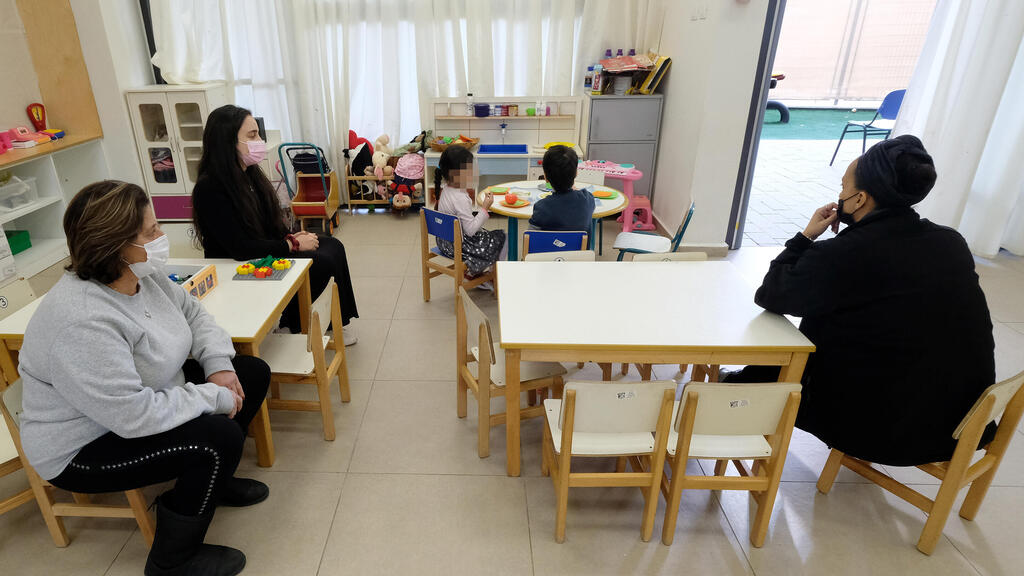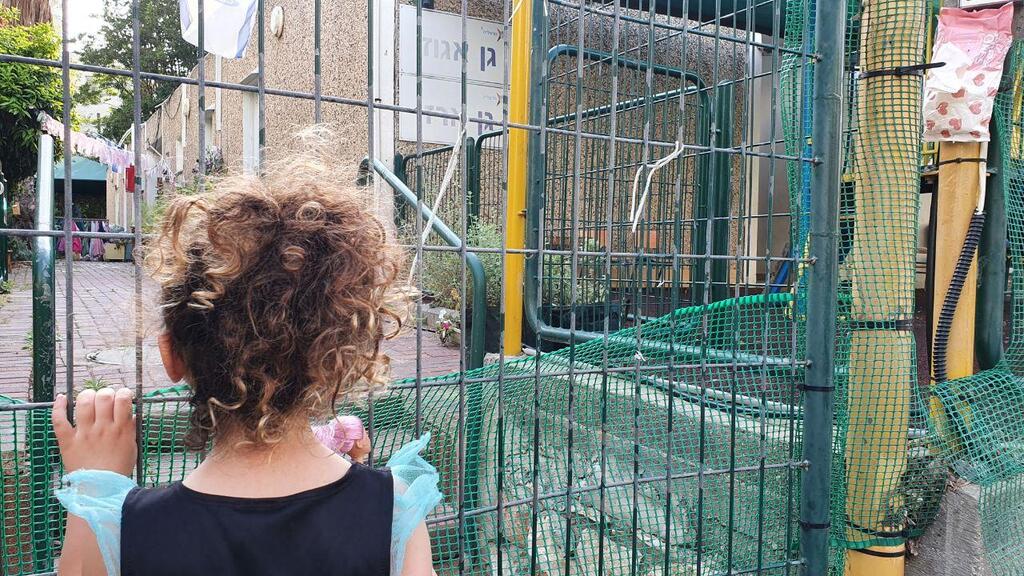Following Israel's decision to drop compulsory COVID isolation in schools, local authorities and education officials warn that severe staff shortages in the sector are preventing them from returning to a "normal" routine, rendering the government's move "infective".
With the new policy set to come into effect this Thursday, the Education Ministry says some 20,000 education personnel are currently in quarantine having either contracted COVID themselves or came into close contact with a virus carrier.
That is on top of the severe staff shortages in the sector sparked by unfavorable working conditions such as low pay and long hours, which recently have been forcing shutdowns across the country without a notice.
Furthermore, since the beginning of the year, over 1,000 kindergartens were closed - some permanently and some temporarily - and tens of thousands of children didn't spend even one day in kindergartens due to a shortage of educational personnel.
"Sorry to interrupt the celebration following the cancelation of isolation for schoolchildren, but how exactly would that prevent further closures of kindergartens if the Education Ministry hasn't solved that problem up until now?" said mayor of the city of Givatayim, Ran Kunik.
"Educational staff enters quarantine on a daily basis, now even more than before, and there is no one to replace them. Now, probably more children will stay at home, because without more staff, canceling mandatory isolation won't change a thing," he said.
3 View gallery


A kindergarten attended by two children with all the others being in quarantine
(Photo: Shaul Golan)
"It is also necessary to significantly increase the salaries of teaching staff and assistants in order to increase the demand for the profession and give power to local authorities to recruit temporary kindergarten teachers, even if not through the supervision of the Education Ministry," he added. "This is an emergency and everything must be done so that our children do not stay at home."
Parents, educational staff, and local authorities also rejected the proposal for the education system to adopt the policy set to be implemented by the Health Ministry, where asymptomatic COVID-positive medical staff would be allowed to continue working due to overcapacity sparked by the Omicron variant.
"Education personnel is like every other citizen in Israel - when they are sick, they need to rest at home, there is no other option," the Israel Teachers Union said. "The government should have listened to our advice to study in small learning groups, which would have prevented a severe shortage of manpower, and the education system could have continued and do its job without any delusional proposals that endanger the well-being of educational staff and schoolchildren."
Sigal Spitz Toledano, head of the kindergarten parents' association, also rejected such a possibility.
"Israel can't solve the shortage of manpower in the education system by asking sick personnel, with or without symptoms, to work - it is unreasonable," she said. Such move will be the beginning of a parent-teacher rebellion against the government."
The Education Ministry said in a statement: "The education system has been facing a manpower shortage for years. As a result, Education Minister Yifat Shasha-Biton created a reservoir of 100 kindergarten teachers to immediately fill the gaps. They are available to various local educational managers, who can recruit them according to their needs. The ministry continues to work on short-term and long-term alternatives in order to help local authorities."



